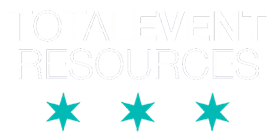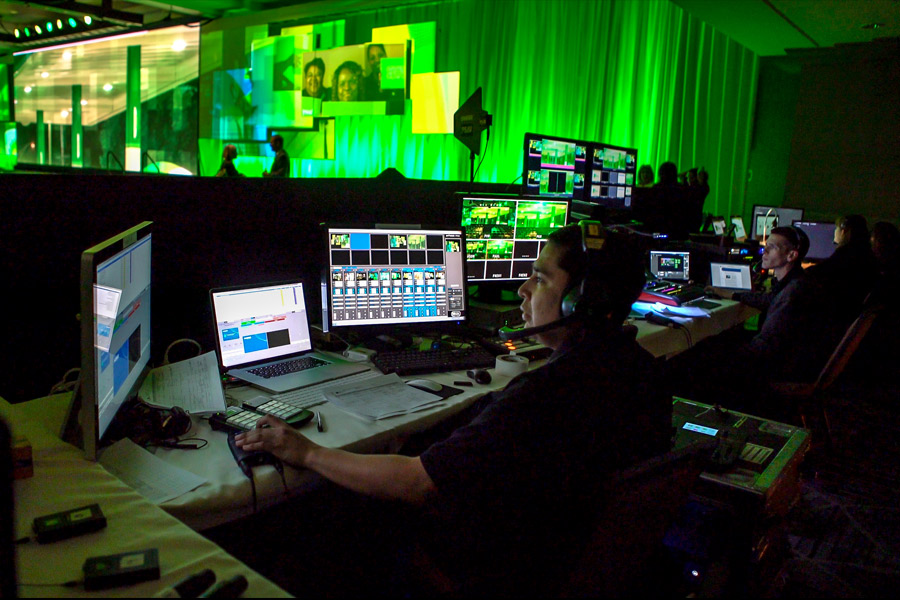Event Planning Services
Transform Your Business With Experiential Events
Companies can build awareness, reach new customers and sell products by hosting or participating in events and marketing activations. People buy from people. Transform your business by strategically planning opportunities to meet your prospects, build relationships and sell more. Experiential events include grand openings, trade shows, street fairs, significant sales, pop-up activations, and holiday events. In each case, strategic experiential event planning helps business leaders get the maximum promotion and benefit out of each event. Additionally, these principles can be just as effective for developing a virtual event strategy as for in-person and hybrid events.
Thinking Strategically: Seasonal Timing
One example of strategic pop-up or trade show event planning is the decision to hold a special event during a given season. Study accounting records to determine the months or seasons with traditionally high or low sales, and create events that correspond to these trends. For example, a retail business that sees its sales increase during the December holidays could hold a large sales event with live music, Instagrammable moments and steep discounts in early November to extend its holiday business by another month. Likewise, a business that sees its sales slump in the summer could hold a Memorial Day or Independence Day barbecue with free food to entice customers to stop in during the slow summer months.

The Event Planning Process
We work in conjunction with our clients to establish the event idea, define the experience, clearly develop the concept, then design the experience. Our event management process is built upon two key fundamentals: Consider the best ideas from our rich and deep live event portfolio and listen fully to the client’s event vision. It’s an event management strategy and planning process that is indeed collaborative and focused on exceeding your every expectation to ensure the live event is better than you could ever imagine! Our event planning services include comprehensive planning timelines, careful budget management, and regular client updates. This kind of experiential marketing strategy ensures a seamless and worry-free event management experience – delivered on time and within budget.
1. Defining Event Goals and Objectives
Whether you’re defining a trade show marketing strategy or another type of event strategy plan, clearly outlined goals and objectives help keep your event on target throughout the planning process. You will also avoid wasting resources as you benchmark each idea against your defined event goals and objectives. Think of your goals as your event’s purpose which fall into four buckets: to inform, to include, to celebrate or to persuade. For example, when launching a new product or service to your current client base and capture the attention of a new audience, then hosting a launch event is a perfect way to reach your product or service goals. Objectives are written in detail, defining the narrow, measurable, and tangible results your event will produce.


2. Determine Success
There are five different levels upon which event ROI can be measured. Choose which element you want to focus on and keep that in mind throughout your strategic event planning process. Afterward, you can measure the event’s success and create a strong case to continue using event marketing as one of your most useful marketing tools.
3. Create an Agenda
This not only includes the agenda for the big day but your agenda for the pre-planning stages. Give yourself milestones and goals, and always allow some time for hiccups and unforeseen challenges. We can create an effective live or virtual event marketing strategy and strong pre-production timelines that keep our team on track while providing the insight your team will need for how the event is progressing.


4. Anticipate Needs
Now that you have defined your event goals and created an agenda, it’s time to envision your event. If you and/or your team are the ones designing the affair, your vision is the blueprint. Keep envisioning all the moving parts of your day to foresee needs you might be overlooking (i.e., a parking lot attendant or a linen service).
5. Follow-Through
Once the big day has arrived, be sure to carry through with your plan to the fullest extent you can. Keep your goals in mind, and complete your vision! With that said, you must also be willing to bend when complications arise. Just keep the end goal in mind and make the wisest decisions when those things happen.


Use Events to Reach Your Sales Goals: Market Targeting
Businesses get the most for their advertising dollars when they market to target demographics, which consist of the most likely customers in a general population. Strategic event planning can incorporate market targeting by including activities that appeal to certain types of customers. For example, a business that sells luxury cars might see its target market as wealthy, older professionals. Such a business might strategically include jazz music at its events, while an auto dealer that sells entry-level vehicles to young buyers would employ the same strategy by hiring a pop singer who appeals to a younger audience for its event booth or dealership grand opening.

